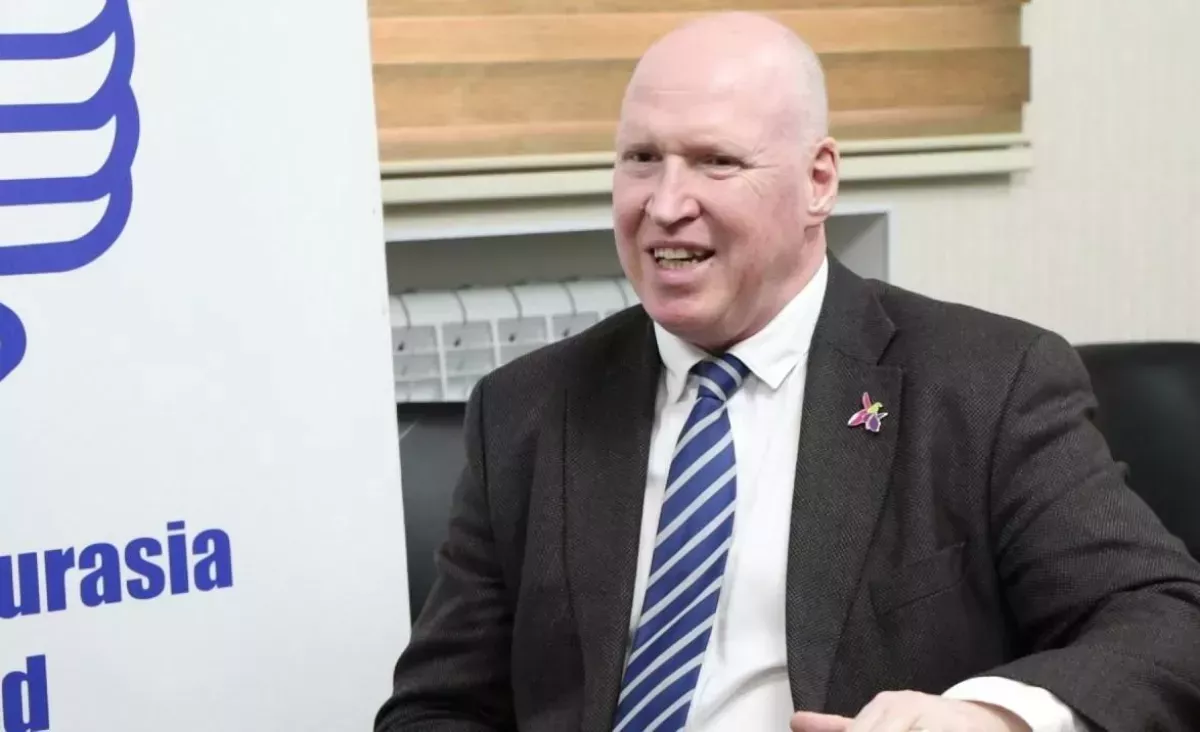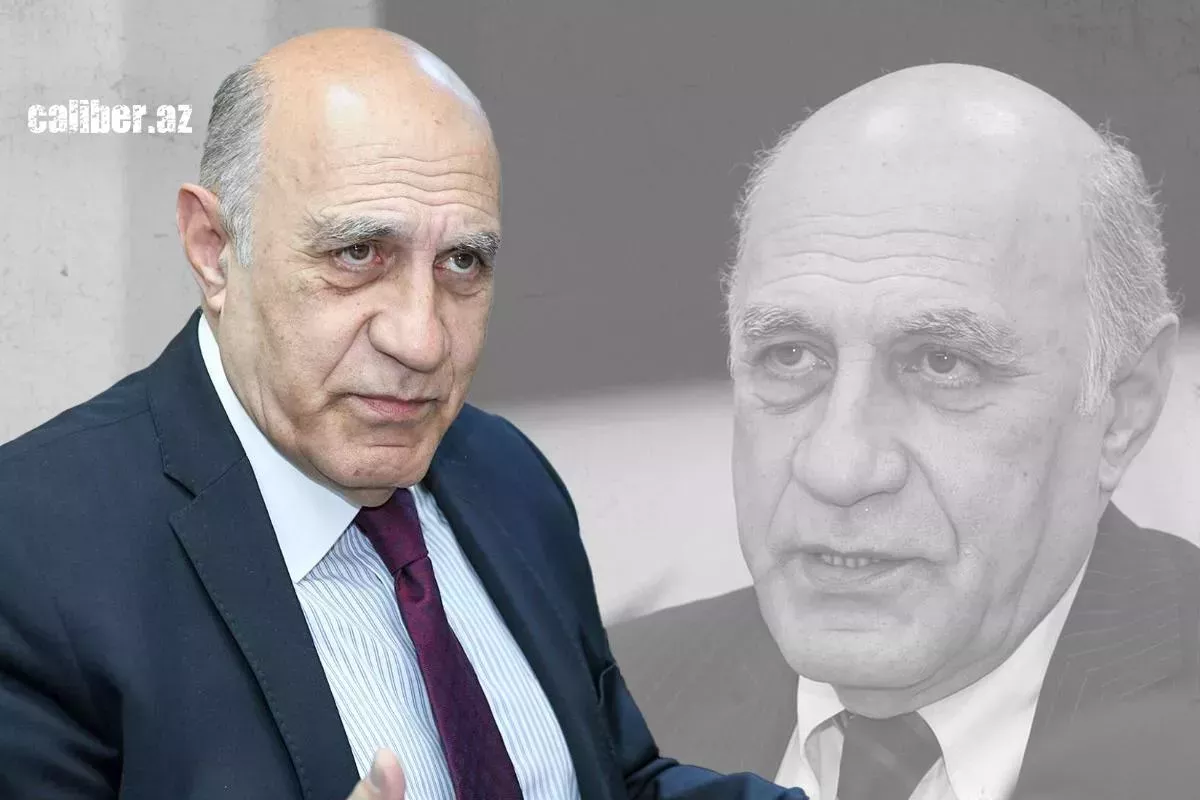Azerbaijan's role in D-8: Advancing the path to a multipolar world Expert opinions
President Ilham Aliyev expressed gratitude to the heads of state and government of Türkiye, Pakistan, Egypt, Iran, Indonesia, Malaysia, Nigeria, and Bangladesh for their unanimous support of Azerbaijan's accession to the D-8 Economic Cooperation Organization at the summit held in Cairo on December 19.
Founded on June 15, 1997, in Istanbul at Türkiye's initiative, the D-8 organization consistently prioritizes sustainable trade growth, renewable energy sources, and fair development. Analysts emphasize the organization's role in addressing trade imbalances, reducing socio-economic disparities, and offering viable solutions to energy issues.
How important is Azerbaijan's accession to an organization like the D-8? What benefits could this bring to Azerbaijan, the region, and the world at large?
Caliber.Az spoke with renowned experts to explore their views on this significant step for the country.
Irish political scientist and historian Patrick Walsh emphasizes that the D-8 is a crucial international group, as it represents the emerging multipolar world, where regional powers organize themselves based on mutual interests.

"For too long, global affairs have been controlled by an elite group of states that effectively organized the world to advance their own interests. This led to a situation where those excluded from the top circle had to show deference to the elite group, often competing for its favour at the expense of their own national interests," the historian clarified.
In his view, the D-8 represents the long-awaited shift, where a network of economic relationships can replace the hierarchical structure of those at the top and those at the bottom.
"It is also important that the Islamic world has begun to assert itself. The tragic experience of Syria and the conflict in Gaza have shown us the devastation caused by European Christian powers as a result of World War I in 1914 and the senseless destruction of the Ottoman Empire by these states. The last century has been a period during which the Muslim world has largely been deprived of the ability to act and has suffered greatly due to the imposed Balkanization and the ongoing interference of external forces in the region," noted the political scientist.
Eurasian development, in which Azerbaijan plays a key role, will usher in a new era of interdependence between states of all sizes and natures, he says.
"We are also in a period of transition and transformation, where the shift to renewable energy and more 'green' forms of energy must be managed pragmatically, ensuring that developing countries are not disadvantaged by unrealistic demands from powerful lobbyists in the Western world," Walsh believes.

As noted by political scientist and professor at the Western Caspian University, Fikret Sadikhov, he is confident that Azerbaijan's election as a full member of the D-8 is a logical result of its successful foreign policy.
"It is sufficiently multipolar, aligns with the interests of our country, and is an integral part of our foreign policy priorities with the Islamic world. Azerbaijan, with the primary goal of implementing the norms and principles of international law, will, I am sure, play an important role in preserving the fundamental principles of the D-8 and will do everything necessary to deepen cooperation with the countries within this organization," the scholar expressed hope.
According to him, throughout its history, Azerbaijan has always played the role of a connecting bridge between the West and the East, as the country is one of the key civilizational, religious, and cultural centres of the Islamic world.
"We contribute in every way to the promotion of Islamic values, the fight against Islamophobia, and the strengthening of Islamic solidarity.
In this context, it is important to note that in the modern geopolitical period, extremism, radicalism, and Islamophobia are unfortunately gaining significant momentum. It is crucial for us to unite our efforts with an organization whose member states represent nearly 60% of the Muslim population worldwide. This will provide us with the foundation and the opportunity to further strengthen the principles of Islamic solidarity.
I have no doubt that Azerbaijan's accession to the D-8 will lead to an increase in the economic growth rate of the organization as a whole, because all members of this structure are interested in this, and Azerbaijan, with its economic potential, energy, and natural resources, will actively contribute to this within the framework of mutual interests.
I am confident that Azerbaijan will make a worthy contribution to the further activities of this organization and will play an important role in defending all of its fundamental principles," Sadikhov said.








